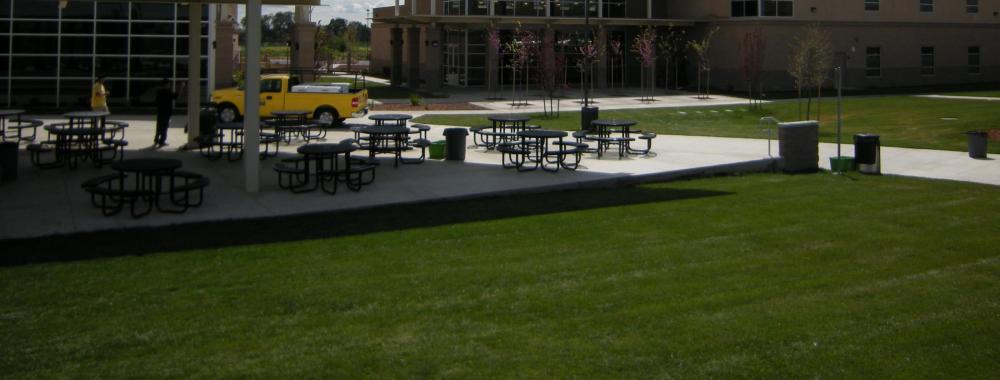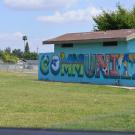
Youth Health and Well-Being
Disparities in youth health and well-being threaten both the present vitality and long-term sustainability of our regions. Conversely, supporting youth wellness, leadership, and empowerment can be a potent way to protect and enhance communities' collective interests. The Center for Regional Change (CRC) uses applied research to understand and disrupt disparities related to race, ethnicity, class, gender, sexuality, and immigration status, along with other factors that hinder the healthy development of children and youth. The center has also been active in training and mentoring young equity advocates and their adult allies to use data to improve these conditions.
The CRC’s Healthy Youth/ Health Regions was the first study in the nation that applied a holistic analysis of youth health and well-being at a regional scale. It influenced philanthropy throughout the Sacramento region to develop multi-million dollar funding strategies that address disparities in youth well-being across jurisdictional and sectoral boundaries. The CRC’s Putting Youth on the Map data platform and related analyses have promoted public policy strategies on education, criminal justice, and physical and mental health; an accompanying curriculum supported youth and community use of quantitative data maps. These resources were introduced to grassroots youth advocacy networks throughout the region and across the state, including a group called NOPAL (Neighborhoods Owning Power, Action and Leadership). A strand of activity focused on addressing chronic school absenteeism in Sacramento and statewide. The CRC’s Community Futures, Community Lore curriculum supports national leadership in youth-led participatory action research, and facilitates application of these methods to improving youth nutrition, education, juvenile justice, mental health, and civic engagement.










